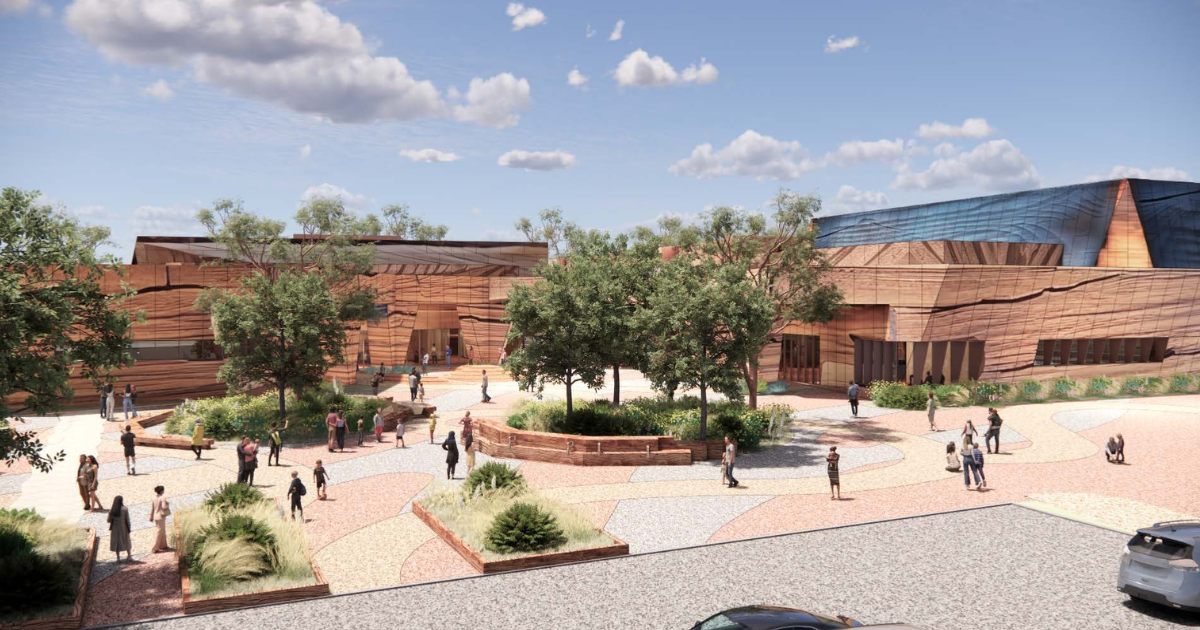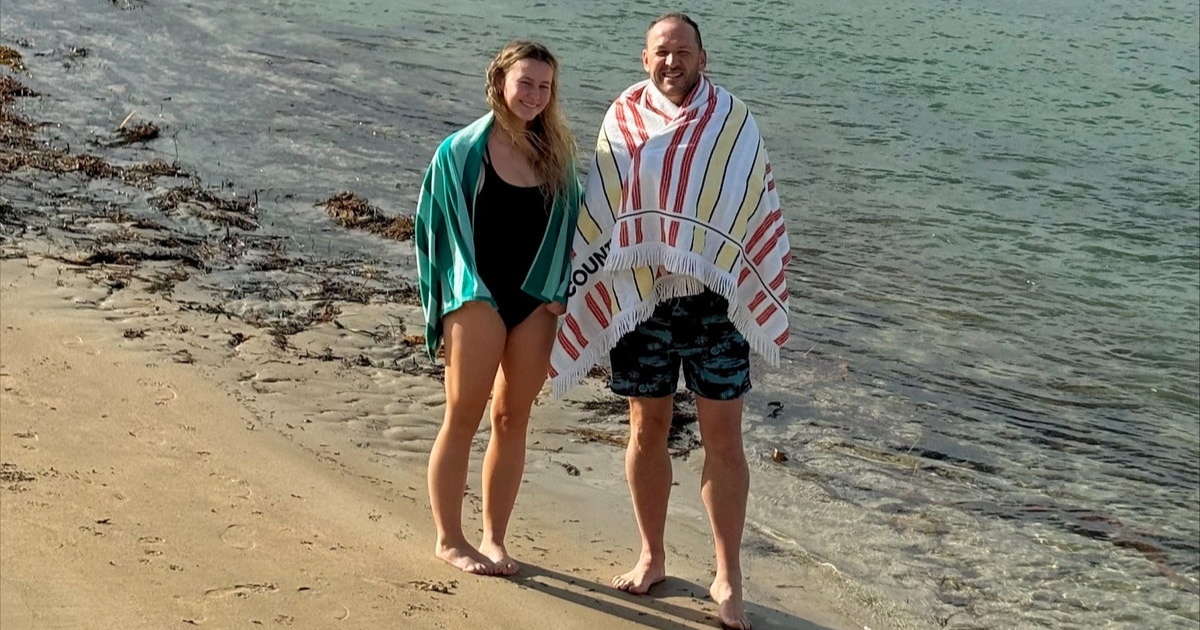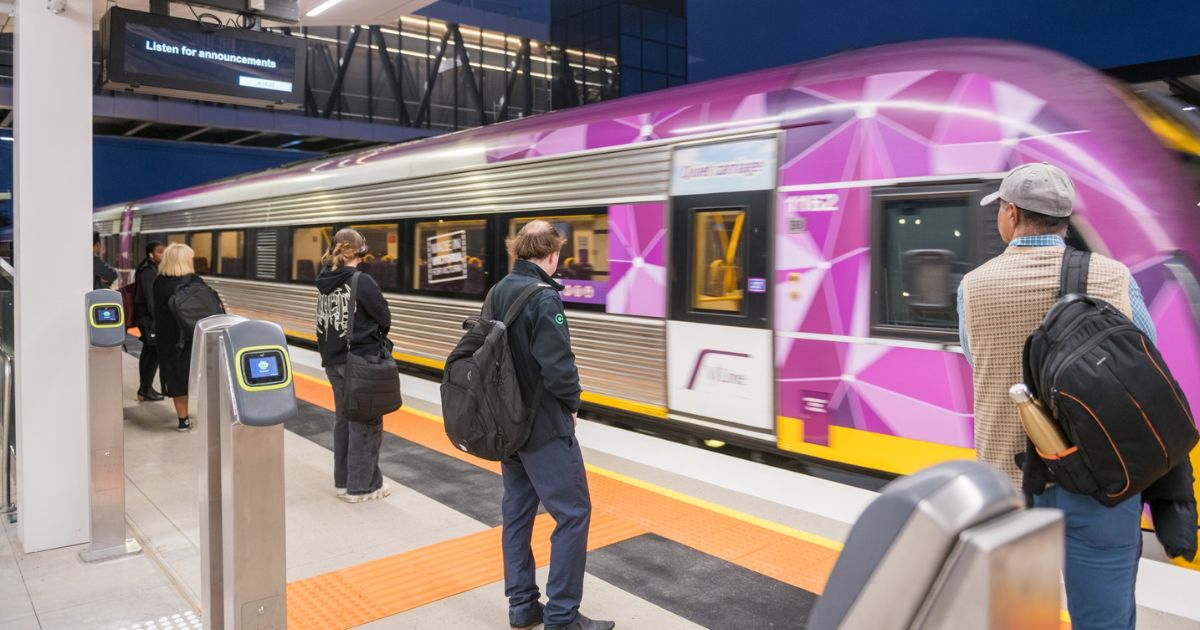Businesses, educators keen for worker influx

Lorne business owner and advocate Leon Baxter, right, welcomed visa changes aimed at encouraging more workers and students to return to Australia. Photo: SUPPLIED.
TOURISM providers and Geelong’s university have welcomed new visa concessions aimed at encouraging international workers and students to return to the country.
Stakeholders expect the incentives will encourage more people to live, work and study in the local region, providing a much needed shot in the arm for the tourism and education sectors and return millions into its economy.
The federal government announced last week that it would refund visa application charges for students who arrive in Australia before mid-March and backpackers who arrive until mid-April.
Refunds are worth $630 for student visas and $495 for working holiday maker visas.
There are 150,000 students and 23,500 backpackers with valid visas who are currently offshore, the rebates will be open to new applications in the timeframe.The government has also removed a 20-hour student work cap and a rule limiting how long workers can stay with one employer.
The incentives have been welcomed at Surf Coast tourism hotspots including Lorne, where business owners have called in family and friends to help keep their doors open this month as COVID confined staff to isolation.
Worker shortages are nothing new for Lorne, where the ongoing issue prompted Surf Coast Shire Council to declare a shire-wide key worker crisis last year, and led business leaders to develop an ‘Adopt a Worker’ accommodation scheme encouraging locals to offer space on their own properties to house seasonal workers.

Lorne Business and Tourism Association vice-president and café owner Leon Walker lamented the shortage earlier this month, and said an influx of international workers would help address the town’s workforce constraints.
“Now that everything’s open, we’re screaming for them,” he said.
“There’s plenty of jobs around, and there’s accommodation with Adopt a Worker now. So it’s all ready to go, and they’re well and truly welcome.”
Meanwhile, Deakin University said it expected the changes to encourage more international students to return to Victoria by mid-year, but that more incentive would be necessary for the cohort to return to pre-pandemic levels.
“Additional government incentives will help encourage international students to return, although we need to make sure these measures are coordinated and integrated,” a university spokesperson said.
The university agreed there was an appetite for international students to return to study in Australia.
It said it had seen a 20-to-30-per-cent increase in expressions of interest from students compared with the same time last year, attributing the rise to the reopening of international borders.

Tourism Greater Geelong and the Bellarine executive director Brett Ince was also on board with the plan to entice more people to the region, which he said could have wide-ranging benefits.
“We’re incredibly pleased to hear of the recent changes to these visas and the added incentive to encourage students and workers to return to Australia,” he said.
“Fewer international students and workers in Australia has impacted our local economy, and contributed to current workforce shortages being experienced by many tourism providers in the region.
“International students and workers share our love of exploring the region and are valuable members of the community. They have been missed and we’re ready to welcome them back to live, work and study in Geelong and The Bellarine.”
A pre-pandemic study from 2018 estimated that international students added $62.2 million in economic value before tuition fees for the Geelong-Bellarine region.

















